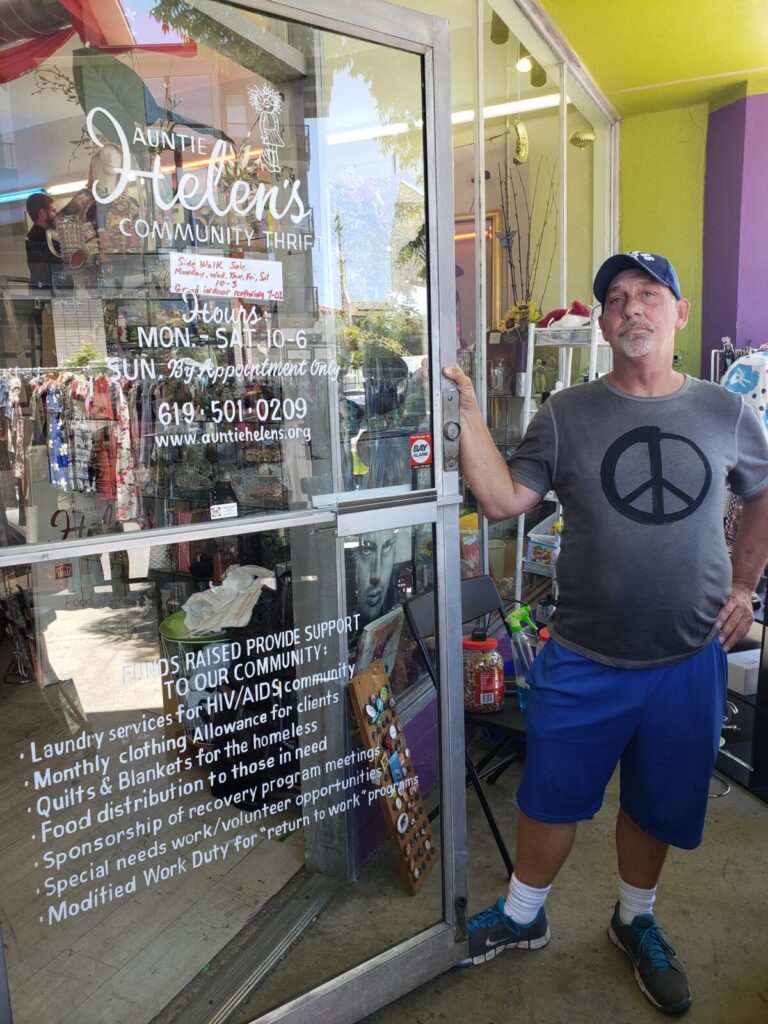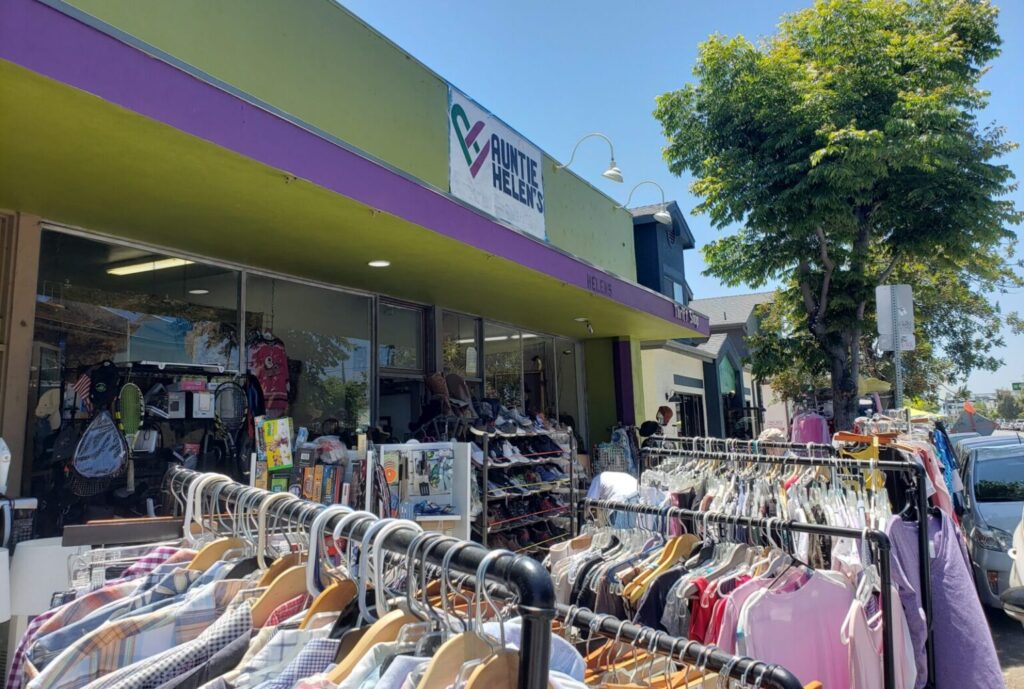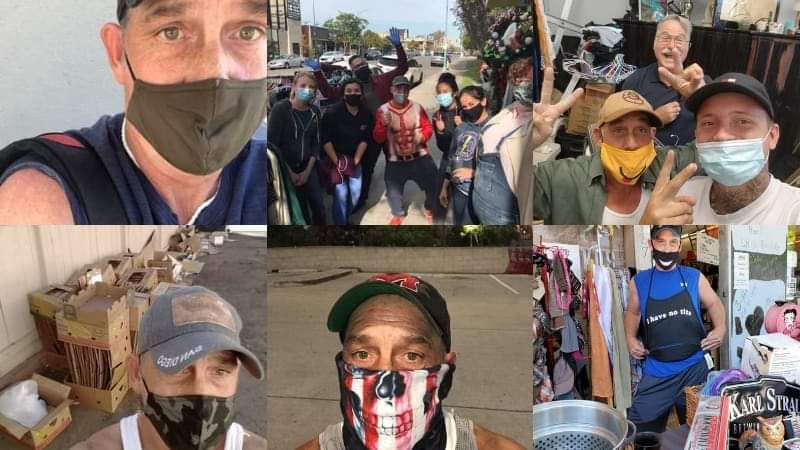Nonprofit Spotlight: Auntie Helen’s
The purpose and repurpose of Auntie Helen’s
If a nonprofit wants to look to an example of innovation and remodeling, look no further than Auntie Helen’s, based in San Diego, California. While the pandemic has forced all organizations to reshape in one way or another, Auntie Helen’s has reacclimated for far longer. Just ask their executive director, Rod Legg, who has also had his fair share of career changes.
Legg has worked as a leader in every industry, from antique stores, to restaurants, to acting, all leading to his arrival at Auntie Helen’s where he started as a volunteer. By 2018, Auntie Helen’s was in financial distress. The board asked Legg to join as executive director and re-invent the team to recreate the nonprofit’s mission. Today, they are out of debt.

An origin story for its time
To rewind even further back, Auntie Helen’s had started out by helping the HIV/AIDS community in the late 1980s. This era featured a time when Americans knew very little about the virus, and Auntie’s became a means to provide laundry services for those too weakened by the virus to wash their own clothes. Not long after, the White House declared it a National Point of Light in 1991. Auntie Helen’s also received an Apostolic Blessing from Pope John Paul II.
As time went on, however, the world found new ways to handle the HIV/AIDS epidemic. For that reason, the need for laundry services became less severe. Auntie Helen’s needed to find a new way to continue to serve a community they cared for so much.
A new virus leading to a new need
While Auntie Helen’s still provides laundry services, they now deliver meals for the homeless community through several services. When COVID-19 spread, the nonprofit went from feeding 15-40 people a week to currently feeding 1600 people a week. Social workers and case workers provide the delivery services. They now find themselves in second place to the San Diego Food Bank in food services for the city. With over 7,000 hours of volunteer work, they currently serve over 80,000 families.
The nonprofit funds these purposes with its thrift store, which has remained open to the public. While its mission still aims to feed the HIV/AIDS community, it has also become so much more than that. They’ve even teamed up with the Humane Society to provide dog treats for those in need, as well as animals up for adoption every month. You can find updates on that here.
Other partnerships

In addition to their growing relationship with the Humane Society, Auntie Helen’s has partnered with many other organizations to expand their mission. They have worked with Trader Joe’s and Solomon’s Bagels to prepare meals for the homeless. Hands On San Diego has also worked with them to encourage volunteers to reach out. Any services Auntie Helen’s used to do, but doesn’t have bandwidth for anymore, people can find in their partner Out of the Closet.
Additionally, working with 48in48 has brought the nonprofit more donors, sponsors, and volunteers. Legg specifically remembers one 48in48 volunteer that drove an hour out of her way to take new pictures for the soon-to-be-built website.
How you can help

Though Auntie Helen’s has found themselves in a good place in 2021, they aim to strengthen their impact as much as possible. For example, while 80% of what they provide is clothes, they need hygiene kits constantly as they go through so many in a month for their community. Even bag donations in which they provide the food and products can make a significant impact.
“[Auntie Helen’s] is going into its 35th year in January, and we’ve made changes all around,” Legg said. “Changes for the better, at that. The mission for Auntie Helen’s has really changed. You’re not scared to do your laundry anymore, AIDS can be easier to handle than diabetes.” All the same, income and food insecurity prevail.
While one could say Auntie Helen’s repurposed its mission, there lies a different argument that they still hold on to their roots. It has simply expanded, grown, and thrived since then, for the good of the San Diego community.

